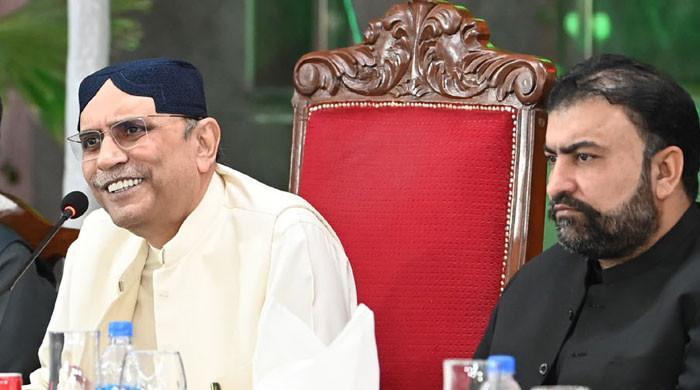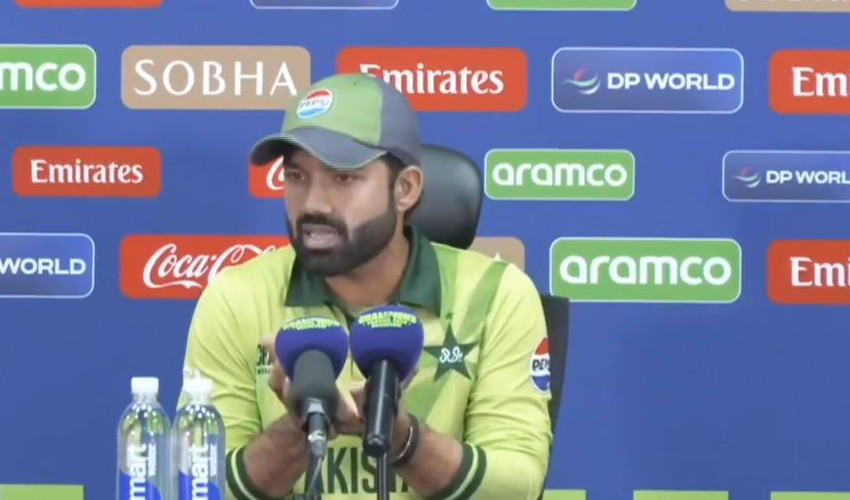Latest News
President Zardari lists the government’s key priority as Balochistan’s prosperity.

Latest News
The team’s failure to capitalize against India is acknowledged by Mohammad Rizwan.
Latest News
PTI’s request for a March 22 Minar-e-Pakistan demonstration is denied by the LHC.
Business
After more than 50 years, Bangladesh and Pakistan resume direct trade.
-

 Latest News3 days ago
Latest News3 days agoUnder the auspices of Ombudsman Punjab, an awareness seminar was held at the Government Mc High School in Nakana Sahib.
-

 Latest News3 days ago
Latest News3 days agoPRBC Delegation Calls PM Shehbaz: PM Directs Committee Formation to Address Retailers’ Concerns
-

 Latest News3 days ago
Latest News3 days agoRoad Extension Project: Bugti Launches Quetta Road Extension Project
-

 Latest News3 days ago
Latest News3 days agoMandi Bahauddin District Jail: MNA Launches Improvement Initiatives at Jail
-

 Latest News3 days ago
Latest News3 days agoEnhancing Pakistan-Bahrain Collaboration: Tarar Highlights Fortifying Media Connections Between Pakistan and Bahrain
-

 Latest News3 days ago
Latest News3 days agoBarrister Saif: Imran will never be involved in any deal like Nawaz
-

 Latest News3 days ago
Latest News3 days agoSindh Canal System: $120 million project launched by the provincial government with WB support
-

 Latest News3 days ago
Latest News3 days agoSenate Session: Rana Tanveer: Government Is Not Closing Utility Stores
















